“Big Data Europe” to empower communities with data technologies
The growing digitization and networking process within our society has a large influence on all aspects of everyday life. Large amounts of data are being produced permanently, and when they are analyzed and interlinked they have the potential to create new knowledge and intelligent solutions for both the economy and society as a whole. To facilitate the use of Big Data technologies, the European Union funds an interdisciplinary research and innovation project called “BigDataEurope”.
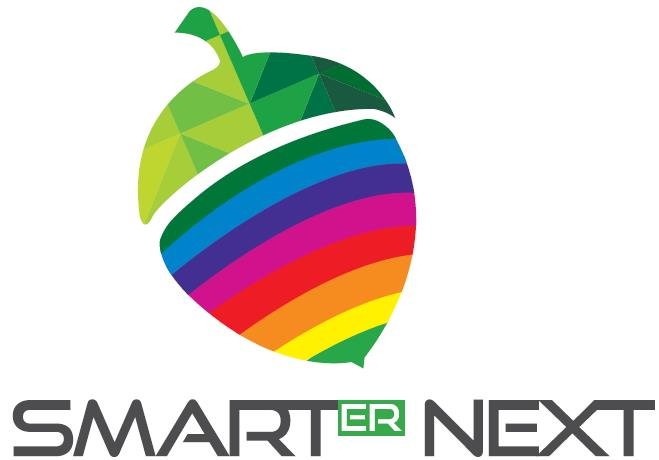
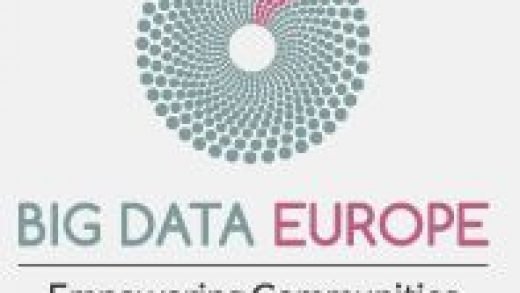
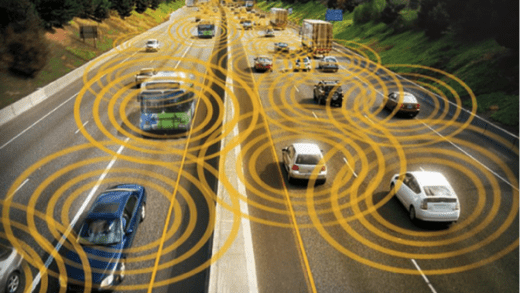



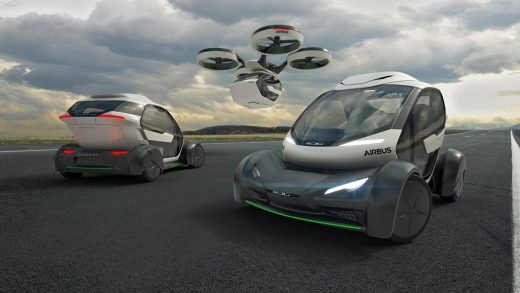
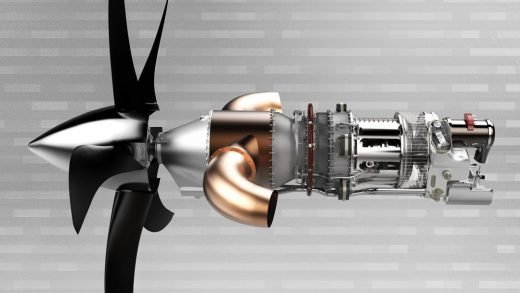
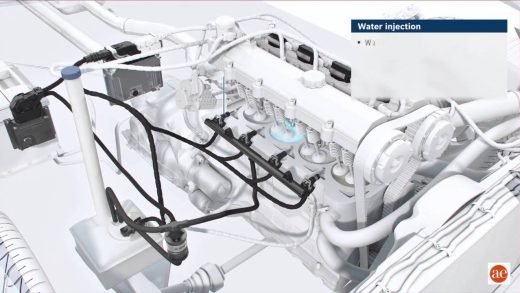
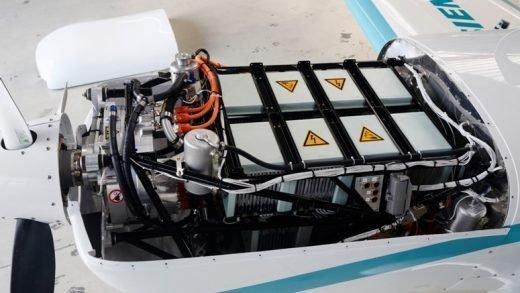
Recent Comments